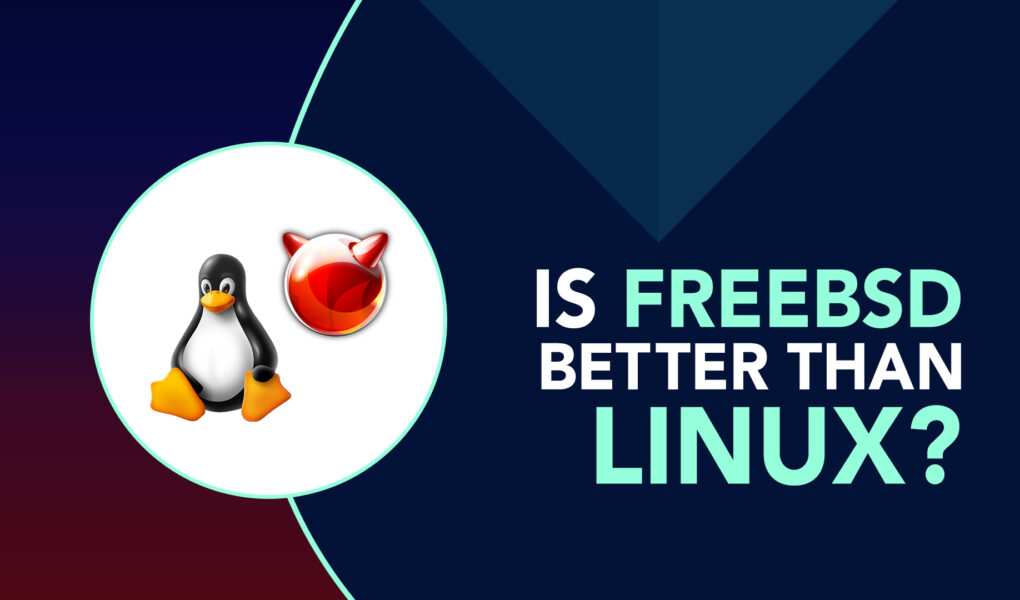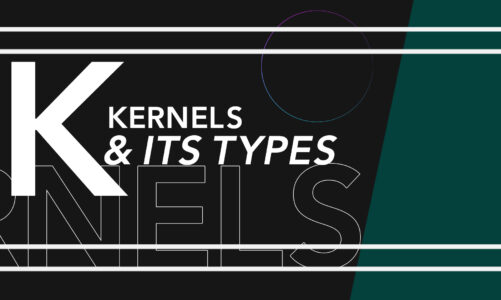When it comes to choosing an operating system for your personal or business needs, there are plenty of options available. Two popular choices are FreeBSD and Linux. They are both open-source, free to use and have a similar user interface. However, there are many differences between the two and it makes people think FreeBSD is better than Linux or vice versa. To help you decide, this article will compare FreeBSD and Linux, their strengths and weaknesses, and try to determine which one is the better option for your computing needs.
Understanding FreeBSD and Linux
FreeBSD was initially released in 1993 as a derivative of the Berkeley Software Distribution (BSD) operating system. It is recognized for its strength in terms of its resilience, dependability, and advanced security features, while Linux, which was initially created by Linus Torvalds in 1991, has a separate history. It is known for its flexibility, community support, and adaptability to different hardware platforms.
FreeBSD is recognized for its philosophy of concentrating on a core set of features that are dependable and safe. In contrast, Linux has a more flexible design that permits users to tailor their systems to their particular requirements.
FreeBSD and Linux also differ in their kernel design. FreeBSD uses a monolithic kernel, which means that all the essential services run in kernel space. This design makes FreeBSD more stable and secure but can also limit its flexibility. Linux, on the other hand, uses a modular kernel design, which allows users to add or remove features as needed.
Benefits of FreeBSD over Linux
FreeBSD offers several advantages over Linux, particularly in terms of security, stability, performance, and licensing.
Security: FreeBSD is known for its robust security features. The security framework is designed to provide protection from malicious software, computer viruses, and unauthorized entry. In contrast, Linux relies heavily on third-party security tools.
Stability: FreeBSD is also known for its stability. Its code is well-maintained and rigorously tested, resulting in a more stable operating system. On the other hand, Linux is known to have frequent updates, which can sometimes result in stability issues.
Licensing: FreeBSD is distributed under the permissive BSD license, enabling users to freely modify and redistribute the code without any constraints. This licensing model provides maximum flexibility for users who want to customize their systems to meet their specific needs.
Performance: FreeBSD is optimized to deliver exceptional performance, which renders it a prime choice for high-demand applications such as web servers and databases.
Benefits of Linux over FreeBSD
While FreeBSD offers several advantages over Linux, Linux also has its own unique strengths that make it an attractive choice for many users. Below are some of the benefits that Linux offers over FreeBSD:
Community Support: Linux boasts a significantly larger user following and community assistance compared to FreeBSD, resulting in a greater pool of troubleshooting and support resources. Additionally, Linux has a wide range of software packages and tools available, which can make it easier to find solutions for specific problems.
Hardware Support: Linux has a larger market share than FreeBSD, which means that hardware manufacturers are more likely to develop drivers and other software for Linux. This can make it easier to find hardware that is compatible with Linux and to get it up and running quickly.
Customization: There are numerous options available for customizing Linux, including various desktop environments, window managers, and other software choices. FreeBSD, on the other hand, is less customizable and has fewer software options.
FreeBSD vs Linux: Which is Right for You?
For individuals who prefer open-source software, both FreeBSD and Linux are excellent choices. FreeBSD is a more complete and standardized operating system, making it a better option for those who want simplicity and stability. Meanwhile, Linux provides more customization options and hardware support, making it ideal for those who want versatility.
If staying up-to-date with new tech and updates is important, Linux is the way to go. However, if stability, performance, and security are priorities, FreeBSD is the better choice. The choice between FreeBSD and Linux ultimately relies on the particular requirements and purpose of the user.
Conclusion
The question of whether FreeBSD is superior to Linux is a complex one. While FreeBSD may excel in certain areas such as security and scalability, Linux offers a wider range of software and hardware support. In the end, it’s crucial to thoroughly assess your requirements and select the operating system that most appropriately suits them



